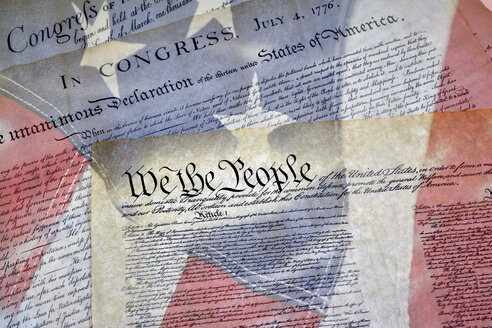Last month, your friend group decided to do something silly at lunch, so you brought a five‐course potluck meal with silverware, a fancy tablecloth, and cloth napkins from home. Your friends even brought electric candles to make the meal feel truly fancy. While your friends brought plates, napkins, silverware, a tablecloth, beverages, and vegetables, you were responsible for the main course. It was so delicious that all the students around your table became jealous. Word was out that you were an excellent chef, and so a business was born. Since then, you have allowed other students to order custom hot meals that you made and packed at home, stored in an insulated bag in a teacher’s classroom, and distributed before lunch. But the cafeteria workers have a monopoly on sales in the cafeteria, so what you were doing violated school rules. Nevertheless, several teachers bought meals from you, and the teacher who stored the bag received a cut of your profits, which were sizable. Everything was going great until someone called the school administration and told them you were engaging in these transactions. The administrators asked you to show them your bag, and they found your homemade food, a list of orders, and cash. The school released a statement that students are not allowed to engage in business transactions on school property, and they demanded that you end your business immediately. They asked that you show them your school bag and locker every day for the rest of the school year, stating that they need to ensure all students are eating the nutritious food the cafeteria provides.

